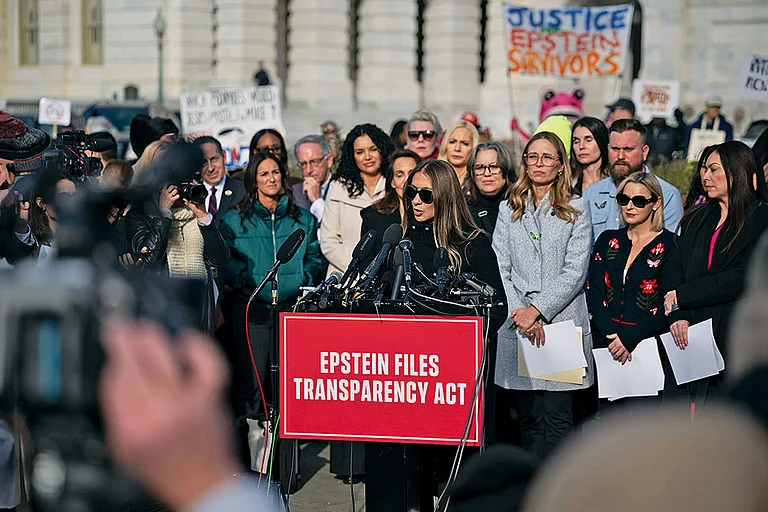One of the most elusive and reclusive insurgent leaders in India could potentially agree to talk with the government to end a four-decade-long insurgency in Assam. Paresh Barua, commander of the last remaining underground Ulfa faction, is warming up to peace overtures from chief minister Himanta Biswa Sarma.
It all started on May 10 when, addressing a press conference, Sarma asked the Ulfa (Independent)’s ‘commander-in-chief’ to join the peace process. Barua responded within five days, declaring a unilateral ceasefire for three months from May 15, but he attributed the decision to the Covid situation in the state. The Ulfa, then undivided, had declared a ceasefire in 2005, too, but the peace process never took off to end successfully.
This summer’s truce came at a time when the outfit was holding ONGC official Ritul Saikia hostage. He was abducted on April 21. Sarma followed up the appeal—not as a chief minister, but as an Assamese youth (as he would say)—to free Saikia. Barua obliged almost instantaneously. All along, Barua and Sarma’s utterances reprised mutual respect—Barua particularly seemed to be in awe of the new chief minister, the kind he had never seen before, and one full of empathy and respect for the outfit. He was more than willing to deal with such people, he said. A certain admiration was flowering and, suddenly, it was a different Barua, not the one who had once looked like he would die with all guns blazing rather than submit to a “colonial” government.
“This is the right time for him to begin negotiations. He is still in a position of some strength to bargain for what he wants,” Anup Chetia, former general secretary of undivided Ulfa and Barua’s first cousin, tells Outlook. He should know. He now heads an Ulfa faction that is in talks with the Centre. “When we entered the negotiations, we were all in jail, so we did not have any bargaining strength,” he says. The talks that started in 2011 are yet to reach any logical conclusion. There hasn’t been any sitting since March 2020 when the term of the Centre’s interlocutor expired. The Centre’s strategy has been to get as many outfits as possible from any given area to have an omnibus deal rather than piecemeal solutions, as it did in the Bodoland Territorial Region or as is under way in Nagaland, although talks had started with the NSCN(I-M) way back in 1997.
One niggling point that would come up as the two sides prepare the groundwork for negotiations will be the question of “sovereignty” being part of the discussion. Barua insists, as he had in the past, that it has to be on the talks table. He feels that in a democracy there should not be any bar on any issue and everything should be allowed to be discussed. “Yes, and why not? Merely discussing sovereignty is not giving away sovereignty, so there is no harm in bringing the issue to the table,” says Chetia.
But before all that, the first task at hand is to formulate the ground rules of the ceasefire without which the truce would mean little. “We can’t call off operations against the Ulfa (I) merely because it has declared a unilateral ceasefire, the ground rules will have to be framed for the ceasefire to go ahead,” the chief minister says.
By Dipankar Roy in Guwahati


























